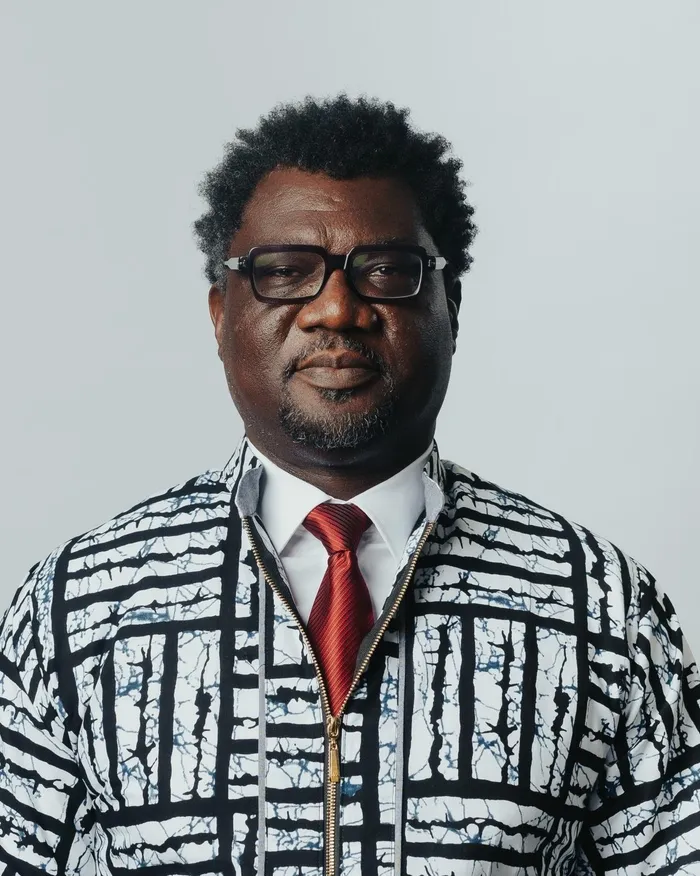Powering possibility: SA’s private sector-led grid expansion
Grid extensions are often impractical
South Africa is at a pivotal moment in its energy journey. Minister Kgosientsho Ramokgopa’s March 2025 announcement on private sector involvement in grid expansion is more than a policy shift—it’s a call for collaboration, innovation, and inclusion to redefine the nation’s energy future. By inviting private players to partner with the government, this strategy paves the way for efficient, scalable, and equitable energy systems.

Tabi T. Tabi is the CEO of Granville Energy, a Johannesburg-based renewable energy company dedicated to innovative, community-focused solutions. Through microgrids and sustainable technologies, it aims to drive inclusive energy access across South Africa and beyond.
Image: Supplied
Granville Energy, a Johannesburg-based renewable energy leader, is already demonstrating what’s possible. Its microgrid pilot in Orange Farm delivers decentralised, renewable energy to underserved communities, powering homes, businesses, schools, and public safety initiatives.
This model has broader relevance. With more than 600 million people in sub-Saharan Africa lacking reliable electricity, large-scale grid extensions are often impractical. Modular microgrids offer an agile, sustainable solution—serving remote areas while supporting long-term development. Granville’s community-driven approach, rooted in local knowledge and technology, provides a blueprint for South Africa and the continent.
“This policy shift challenges us to rethink scale, localise manufacturing, and prioritise underserved areas. No one should be left behind,” said Tabi T. Tabi, CEO of Granville Energy. “
South Africa’s energy challenges demand collective action. Public-private partnerships are critical to accelerating supply and creating adaptable, affordable systems. Key priorities include:
- Aligned frameworks: Balancing national goals with private sector innovation.
- Integrated models: Blending renewable energy with existing infrastructure.
- Inclusive reach: Prioritising off-grid and underserved communities.
- Local empowerment: Supporting enterprises that create jobs and build trust.
Progress isn’t just about megawatts—it’s about impact. Nearly 3.5 million South African households lack consistent electricity access, and 80% of the world’s off-grid population resides in sub-Saharan Africa (IEA). Even in grid-connected areas, affordability and reliability remain barriers.
Energy justice means designing systems that are responsive and people-centred. It’s about ensuring every household, school, and small business has access to reliable power for growth and dignity. Granville Energy is committed to this vision and eager to collaborate with partners to shape a transformative energy future.